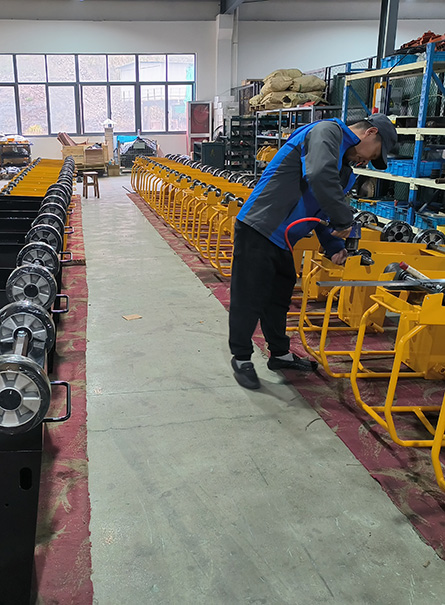What are cohesive soils?
Cohesive soils are poor water permeability and a strong cohesive force. It is very hard when it is dry, with greater plasticity. Cohesive soils have cohesiveness and expansibility, and the capillary phenomenon is also very obvious. It is better than silt for building roadbeds, but not as good as sandy soil. If it is sufficiently compacted under the appropriate water content and has good drainage equipment, the constructed subgrade can also be stable.
What are granular soils?
Granular soils refer to soil with more particles than 0.1 mm, roughly equivalent to sand. Granular soil refers to the aggregate of gravel soil and sandy soil.
How does our compacting equipment compact cohesive and granular soil?
Because of the soil characteristics of cohesive soils and granular soils, the optimal moisture content of soil should be determined in advance when compacting these two kinds of soil. Too high or too low moisture content is not easy to be compacted. The cohesiveness of cohesive soil is large, but its permeability is poor. Therefore, under the premise of reasonable water content and good drainage equipment, the subgrade constructed by using vibratory plate compactors or vibratory rollers for compaction is relatively stable.
For granular soils such as gravel soil and sandy soil, large areas can be compacted by vibratory rollers, small areas can be compacted by vibratory plate compactors. Alternatively, tamping rammers can be used for deep compaction.


